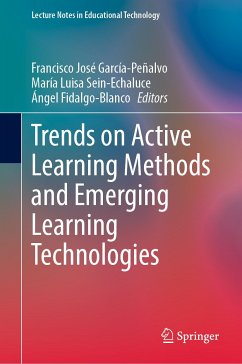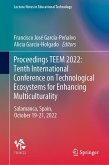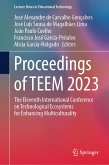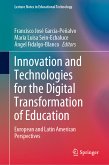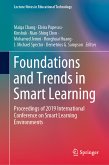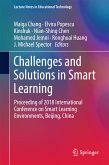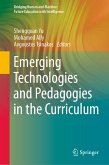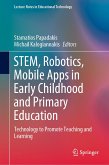This book uncovers the crucial issues in learning technologies in this digital transformation moment, specifically within the COVID-19 umbrella effects. Remote learning, educational technologies, or distance learning are usually used topics by teachers, students, and researchers because the educational context should be transformed and even reinvented itself drastically. Technologies have been used more intensively in the last year than during the last decade. However, what is the effect of these "new" technologies on the teaching and learning methodologies? Are teachers and students fully digital competent to integrate these technologies in their teaching and learning activities? In this book, the authors claim to go forward that the online teaching conception to replicate the face-to-face teaching through a camera. They propose adapting the active methodologies to the online or hybrid context, which is a challenge that must be corroborated with rigorous educational research.
Dieser Download kann aus rechtlichen Gründen nur mit Rechnungsadresse in A, B, BG, CY, CZ, D, DK, EW, E, FIN, F, GR, HR, H, IRL, I, LT, L, LR, M, NL, PL, P, R, S, SLO, SK ausgeliefert werden.

